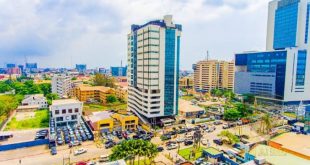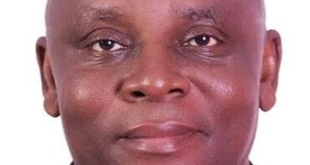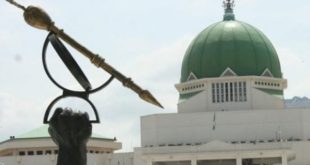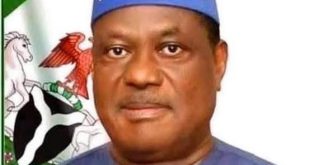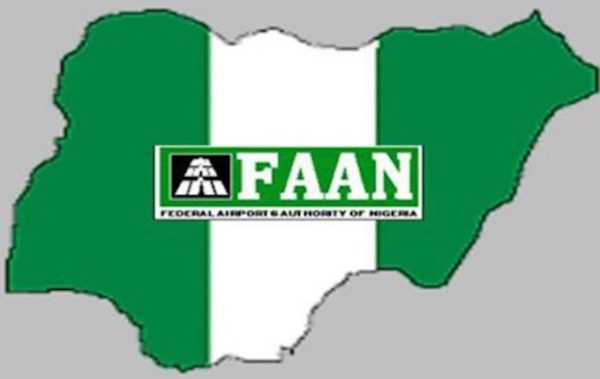
The news of last weekend’s presentation to the National Assembly’s Joint Committee on the Petroleum Industry Bill, (PIB) by the Dangote Group, whose members visited the company, sent shock waves to the marrows of the Nigerian oil sector.
In the presentation, the Dangote Group had made a demand that oil import licenses be given to only companies with active refinery licences. Chief Strategy Officer of the Group, Aliyu Suleiman, was quoted to have highlighted several recommendations by the company to the committee, among which was this ground-shaking demand.

“Nigeria is exceptional in being a major oil producer with near zero capacity. Though the Dangote Refinery will help address this, there could be periods when petroleum products may need to be imported, such as when the refinery is undergoing turnaround maintenance or if demand grows to exceed capacity. To support this, licence to import any product shortfalls should be assigned only to companies with active refining licences. Import volume to be allocated between participants based on their respective production in the preceding quarter. Such import will be done under the DSDP scheme,” Suleiman said.
The Dangote Group has had an octopodal hold on the Nigerian entrepreneurial and indeed, business sector. From sugar, cement, food items production and to its recent foray into oil production, the Group controls the major artery of entrepreneurship and business as a whole in Nigeria.

With this as background, it would be senseless to ignore whatever contributions the Group makes to the theoretical underpinning of any venture in Nigeria. Added to this is the group’s hold on the governmental class and its ability to blithely swing issues to its sides.

Today, Dangote’s in-road into the oil sector, with its Dangote refinery, is a phenomenal project that the Nigerian government and the people look forward to with baited breath. A 650,000 barrels per day (bpd) integrated refinery and petrochemical project, it is currently under construction at its location in the Lekki Free Zone near Lagos.
By projection, the refinery, upon completion, is primed to be Africa’s biggest oil refinery and indeed, the biggest single-train facility in the world. Its initial completion schedule was 2020, until time put spanners in its works and projected completion time currently indecipherable. There is yet to be an official communication of reasons behind the inability to meet this scheduled date and communication of the sure date that the project would begin to refine petroleum products.
The oil refinery, brainchild of the famous richest man in Africa, Aliko Dangote, is an estimated investment that is worth $12bn and a projected jobs generation of 9,500 direct and 25,000 indirect employments. Part of the oil productions that the Dangote Refinery will bring to table is the production of a variety of light and medium grades of crude. This will subsequently lead to the production of Euro-V quality clean fuels which also include gasoline, diesel, jet fuel and polypropylene.
In the roulette of epileptic fuel supply, the considered inappropriate importation of fuel products shipped abroad as crude, the Dangote Oil Refinery offers a binge of excitement to the Nigerian government and Nigerians in general. Upon completion, it was primed to hold the hope of rescuing Nigeria from the travails of refining petroleum products abroad and shipping the same back to the country.
The Nigerian government had looked forward to the completion of the Dangote Oil Refinery as a way of ending this roulette of importation of petroleum products and shoring up its foreign exchange earnings. In December 2019, after a four-hour tour of the refinery, the CBN Governor, Godwin Emefiele, said that the federal government would soon start sourcing foreign exchange (forex) from the Dangote Group, after the completion of its refinery, petrochemicals and fertilizer projects are completed.
He undertook the tour in company of the President/CE of the Dangote Group, Aliko Dangote; Deputy Governor of the CBN, Aishah Ahmad; Group Managing Director, Dangote Industries Limited, Mr. Olakunle Alake; Group Executive Director of Dangote Industries, Mr. Devakumar Edwin; and the Managing Director of Guaranty Trust Bank, Mr. Segun Agbaje.
In the euphoria of its huge financial leap expectations to Nigeria from the oil refinery business, the project was given very generous concessions by the government, one of which is waivers and free access to foreign exchange from the Central Bank of Nigeria (CBN). Though this concession agreement violates the free enterprise rule of the Free Trade Zone policy of the Lekki Free Trade Zone where the Dangote Refinery is expected to operate, the government and the FTZ looked the other way.
The strict rule that was manifestly pursued in respect of all ventures operating at the zone is that, every enterprise therein must raise forex by itself and such forex was free from excise duties, as well as nil restriction to the repatriation of the investor’s money if and when the investor deems it necessary.
Literally, by getting waivers from the CBN, Dangote Refinery violated this major FTZ operational code but the Group enjoyed this exceptional treatment from the Nigerian government due to expectations from its completion of the refinery.
 MMS PLUS NG – Maritime, Aviation, Business, Oil and Gas News Online Newspaper with coverage in Maritime, Oil and Gas, Aviation, Power and Energy as well as Financial News
MMS PLUS NG – Maritime, Aviation, Business, Oil and Gas News Online Newspaper with coverage in Maritime, Oil and Gas, Aviation, Power and Energy as well as Financial News



